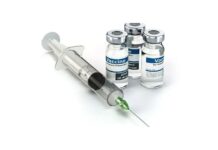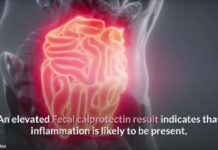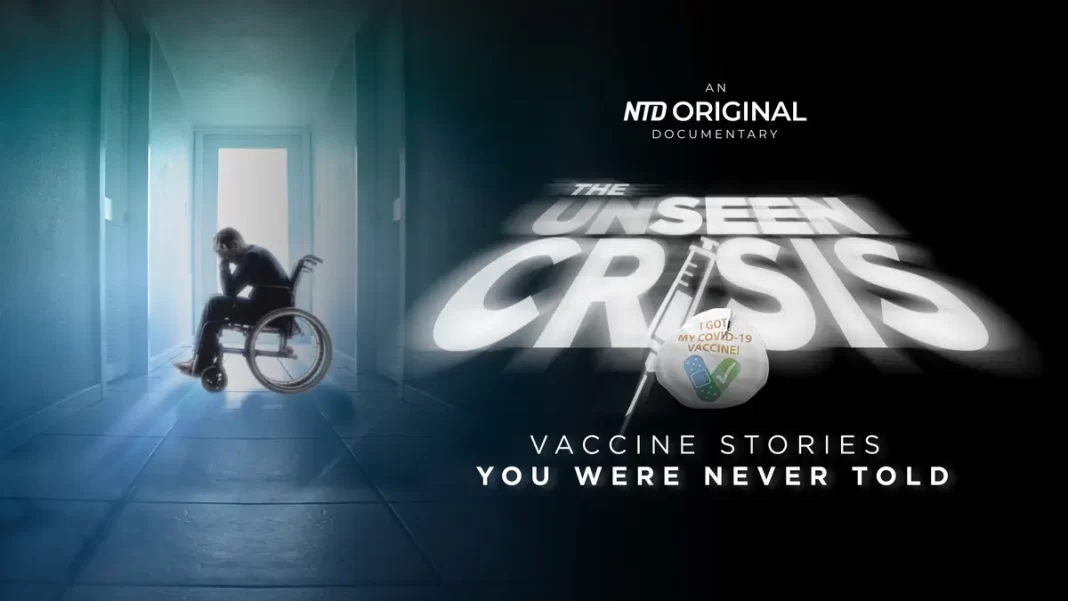Only half of the patients analyzed in the review fully recovered, with the remaining half suffering from ‘residual symptoms.’
Individuals who took COVID-19 vaccines were found to have later suffered from psychosis, with Pfizer and AstraZeneca shots linked to most of the cases.
The peer-reviewed systemic review, published in the Frontiers in Psychiatry journal on April 12, examined cases of new-onset psychosis among people who took the vaccines. Psychosis refers to symptoms that occur when an individual has difficulty differentiating between reality and fantasy, with hallucinations and delusions being two key types. The review looked at 21 articles describing 24 cases of psychosis symptoms following vaccination. The researchers concluded that “data suggest a potential link between young age, mRNA, and viral vector vaccines with new-onset psychosis within 7 days post-vaccination.”
“Collecting data on vaccine-related psychiatric effects is crucial for prevention, and an algorithm for monitoring and treating mental health reactions post-vaccination is necessary for comprehensive management.”
Out of the 24 cases, 13 were female. The median age of participants was 36 years. Twenty-two patients (91.2 percent) had no specific history of somatic illness and comorbidities.
Click here to watch the full documentary “The Unseen Crisis: Vaccine Stories You Were Never Told”
In 33.3 percent of the cases, administration of the Pfizer mRNA vaccine “potentially induced adverse psychiatric events,” the study said. The viral vector AstraZeneca vaccine was linked to psychotic symptoms in 25 percent of cases.
In 45.8 percent of incidences, psychotic symptoms were reported after the first shot and in fifty percent after the second dose.
“Almost all reviewed cases (95.8 percent) presented with psychotic symptoms, such as hallucinations (visual, auditory, olfactory, and tactile) and delusions (mostly persecutory and delusions of reference).”
The most common form of hallucination was auditory, experienced in 54.2 percent of the cases, while visual hallucinations were experienced by 12.5 percent of patients.
“Motor disturbances, such as increased or decreased motor activity and bizarre behavior, were mentioned in 83.3 percent of cases. In 3 (12.5 percent) cases, a suicidal attempt was described.”
The psychotic symptoms mostly lasted for a period of one and two months.
















































